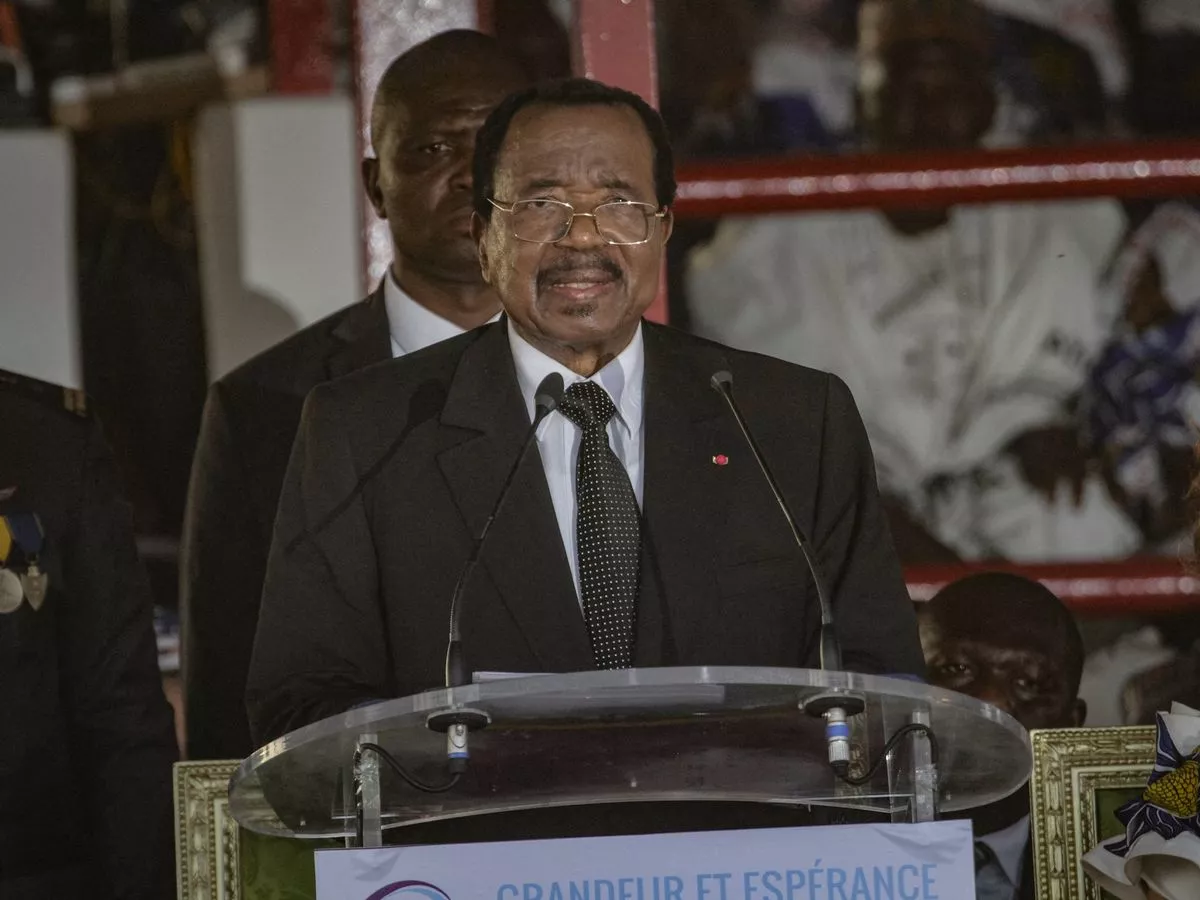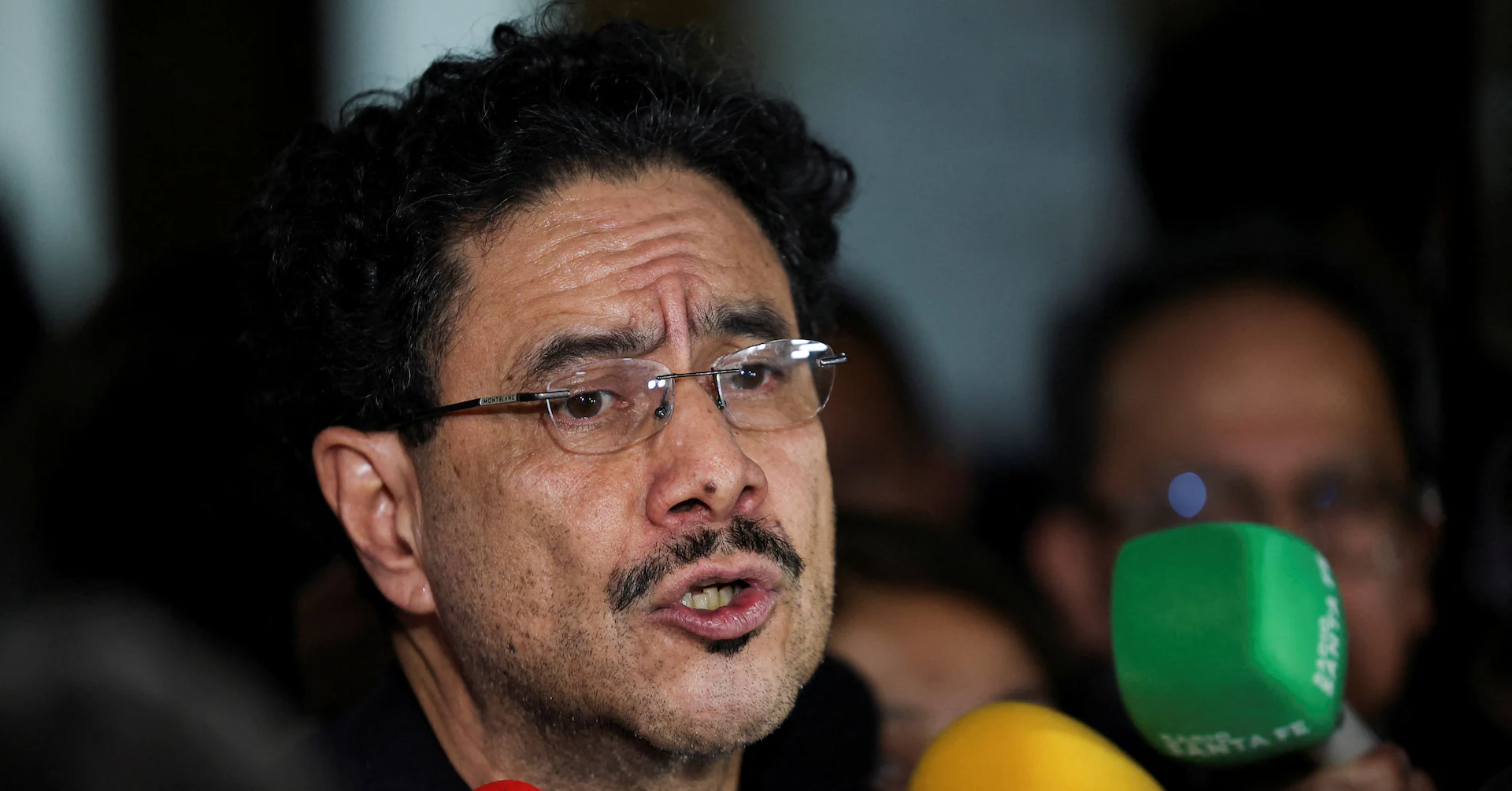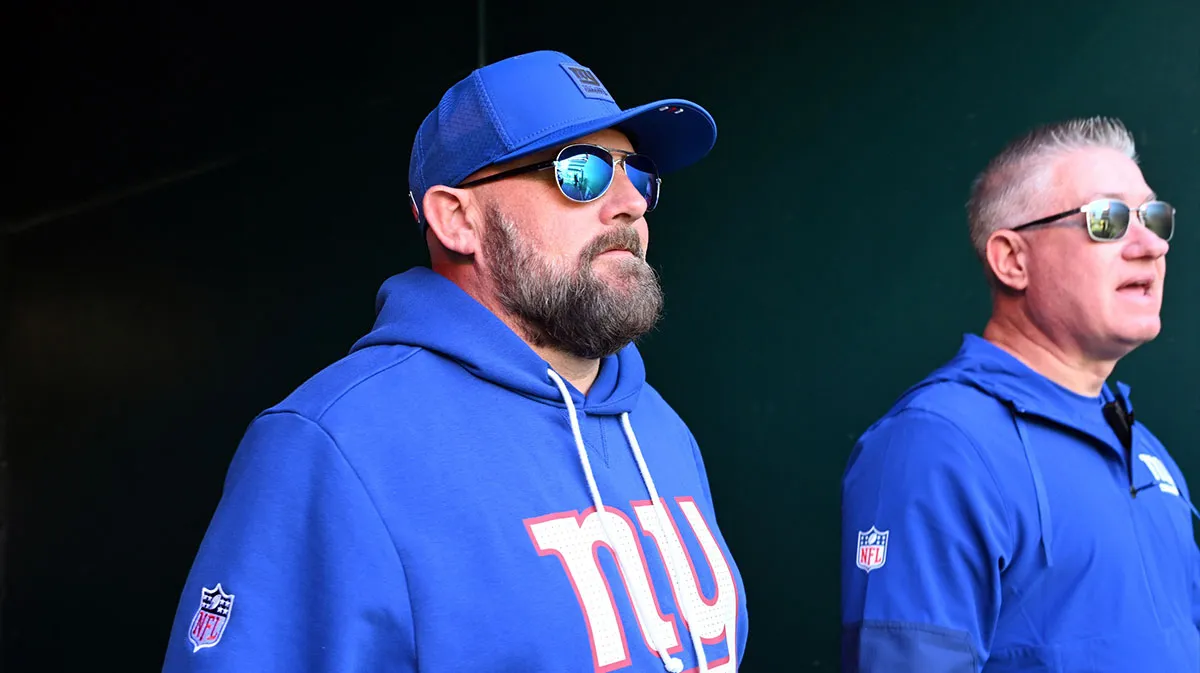Copyright dailystar

Cameroon's supreme court on Monday confirmed incumbent Paul Biya, the world's oldest head of state, as the victor of the Oct. 12 election. The announcement was preceded by clashes with security forces that resulted in at least four protesters losing their lives, as opposition supporters took to the streets demanding trustworthy results. Biya, aged 92, has been at the helm of the central African nation since 1982. The Constitutional Council announced he secured 53.66% of the votes, while his former ally and now rival, Issa Tchiroma Bakary, garnered 35.19%. The four fatalities occurred in Douala, the economic hub, on Sunday, as hundreds of citizens staged protests across several cities. Tchiroma had declared victory days before Monday's official announcement, based on results he claimed were compiled by his party, a claim dismissed by Biya. According to Samuel Dieudonne Ivaha Diboua, governor of the Littoral Region which encompasses Douala, numerous members of the security forces sustained injuries from protesters. He reported that at least 105 protesters were detained. Online footage depicted protesters clashing with security forces, who deployed tear gas and attempted to disperse crowds blocking major roads in Douala and other cities, including Garoua and Maroua in the north. Scores of opposition supporters, activists and leaders have been arrested in recent days. Minister of Territorial Administration Paul Atanga Nji stated on Saturday that the government had apprehended several individuals planning violent attacks. Ahead of the election in Cameroon, a nation of nearly 30 million inhabitants, tensions were running high. Biya's decision to run for another term sparked outrage amongst the youth and opposition, who accused him of meddling in the disqualification of his main competitor and manipulating "state machinery" to swing the election in his favour. One demonstrator, Oumarou Bouba, a 27 year old trader from Maroua, declared: "I am ready to stake my life to defend my vote. I voted for Tchiroma because I want change." Biya has been at the helm of Cameroon longer than most of its citizens have been alive. Over 70% of the country's almost 30 million population is under 35. The election has become the latest stark illustration of the tension between Africa's young populace and its many elderly leaders. He first assumed power in 1982 following the resignation of Cameroon's inaugural president and has remained in control ever since, later profiting from a constitutional amendment that scrapped term limits. Biya's health has frequently been the subject of conjecture as he spends the majority of his time in Europe, delegating governance to key party officials and family members. Detractors blame Biya for steering Cameroon from a period of relative stability into one of crisis and conflict. In recent years, the country has grappled with attacks by Boko Haram militants in the north and a secessionist insurgency in the English-speaking North West and South West regions. The crisis, sparked by the government's efforts to enforce French in English-speaking schools and courts, has resulted in nearly 7,000 deaths, displaced over a million people within the country, and forced thousands to seek refuge in neighbouring Nigeria. Despite Cameroon being an oil-rich nation with modest economic growth, the youth claim that the prosperity hasn't reached beyond the elite. World Bank figures reveal an unemployment rate of 3.5%, yet a staggering 57% of the workforce aged between 18 and 35 are engaged in informal employment. For the latest breaking news and stories from across the globe from the Daily Star, sign up for our newsletters .



